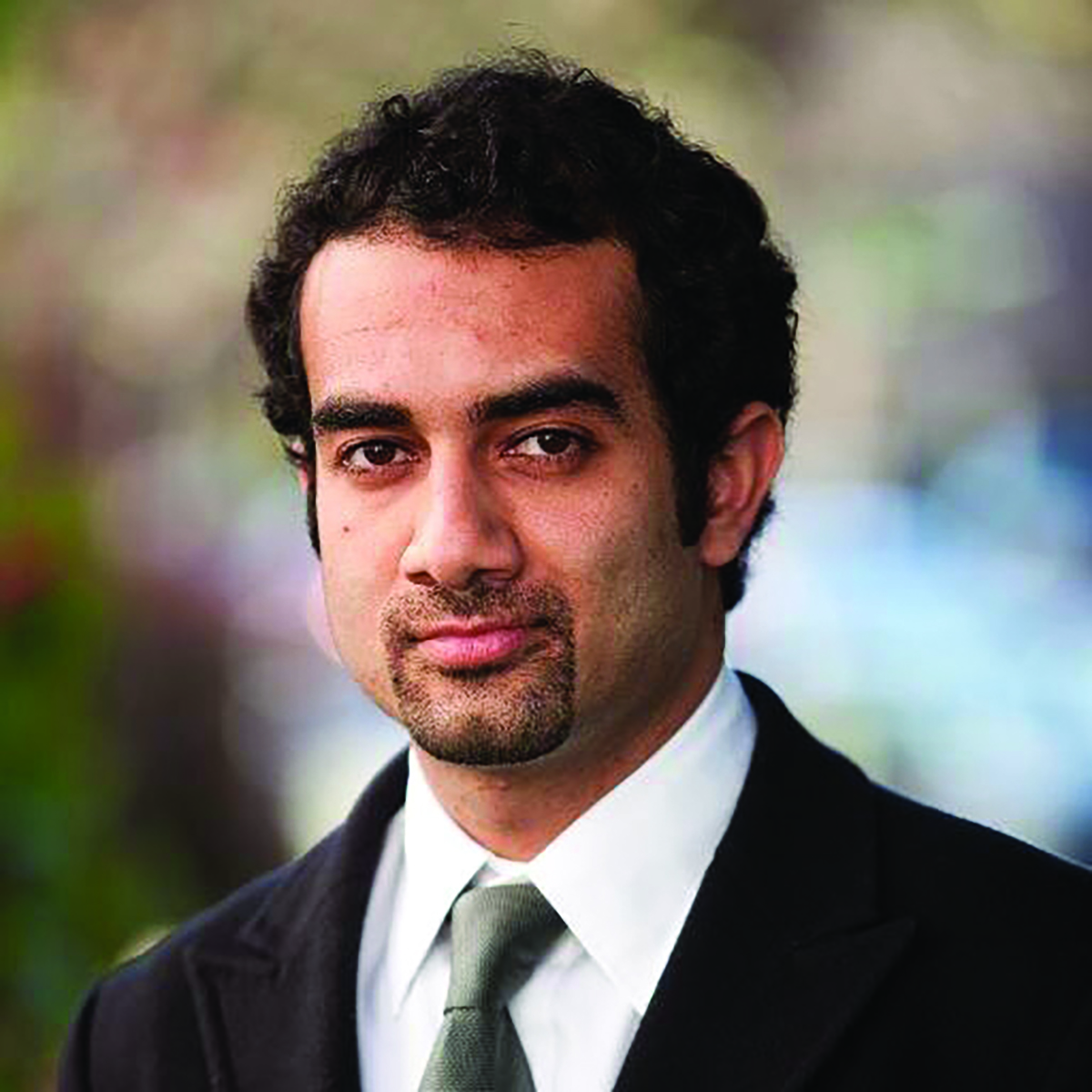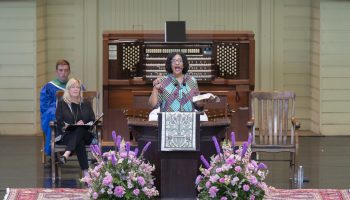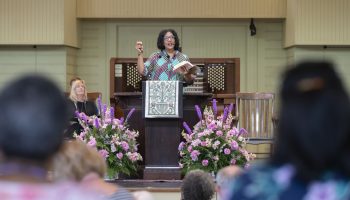As Americans have turned away from Christianity in seeking meaning in their lives, people in the Middle East have continued to hold fast to Islam.
This is because Islam is fundamentally different, said Shadi Hamid, a senior fellow with the Brookings Institution. Hamid will discuss this idea during his lecture, “Islam and Identity: How Religion Provides a Common Language in an Age of Anxiety,” at 2 p.m. Wednesday in the Hall of Philosophy.
Hamid will also explain how Islam influences insecurity in the Middle East as part of the Interfaith Lecture Series’ Week Seven theme, “Spirituality in an Age of Anxiety.”
“We just automatically assume that as history progresses, religion should play less of an overtly political role,” Hamid said. “I think that assumption, which is a very modern assumption, needs to be challenged.”
Hamid’s observations are based in the idea that humanity is living in an age of insecurity. As liberalism grows, so does the belief that we should prioritize individual happiness and autonomy. Hamid said this in itself is fine, but then it becomes increasingly challenging to define a collective identity.

People have begun to try to fill this hole in civil life with identity politics, which Hamid will discuss during his lecture Wednesday. This has become contentious because of the many different ways people define identity and meaning, Hamid said, which can be seen in the last election in the United States.
“It was a question of what you thought America was and what you thought America should be,” Hamid said.
While people in the United States have turned away from Christianity to find these answers — President Donald Trump being the most nonreligious president yet, he said — Hamid’s research has shown that the Middle East is making Islam its defining identity.
“Even if you’re not particularly practicing, there’s still this sense that Islam is a good thing,” Hamid said. “Islam is something that people want in their lives.”
Hamid has been studying Islam’s effects on the Middle East since 9/11, which happened right after he began his freshman year of college. He called the attack a “double tragedy” because he felt pain as an American, but also as a Muslim who didn’t understand how people could commit such atrocities in the name of Islam.
He became a leading scholar of the topic with the publication of his most recent book, Islamic Exceptionalism: How the Struggle Over Islam is Reshaping the World, which was shortlisted for the 2017 Lionel Gelber Prize for best book on foreign affairs. He talks about much of these observations in the book, and says that they can help explain the rise of Islamist parties in the Middle East.
In response to their anxiety, people across the Middle East want to bring Islam back into politics and into public, daily life, Hamid said. However, new problems crop up because if someone is not part of the majority, he said, they feel their very identity is threatened, not just their political beliefs.
Now, in his writings for The Atlantic, Hamid has been advocating for stronger democratic processes to maintain peace. People must learn to coexist and accept that some identities may dominate now, but won’t necessarily forever. Otherwise, he said, systems may face collapse.
“That’s what democracy ultimately is. It’s a way to coexist peacefully,” Hamid said. “It’s sort of war by other means.”




